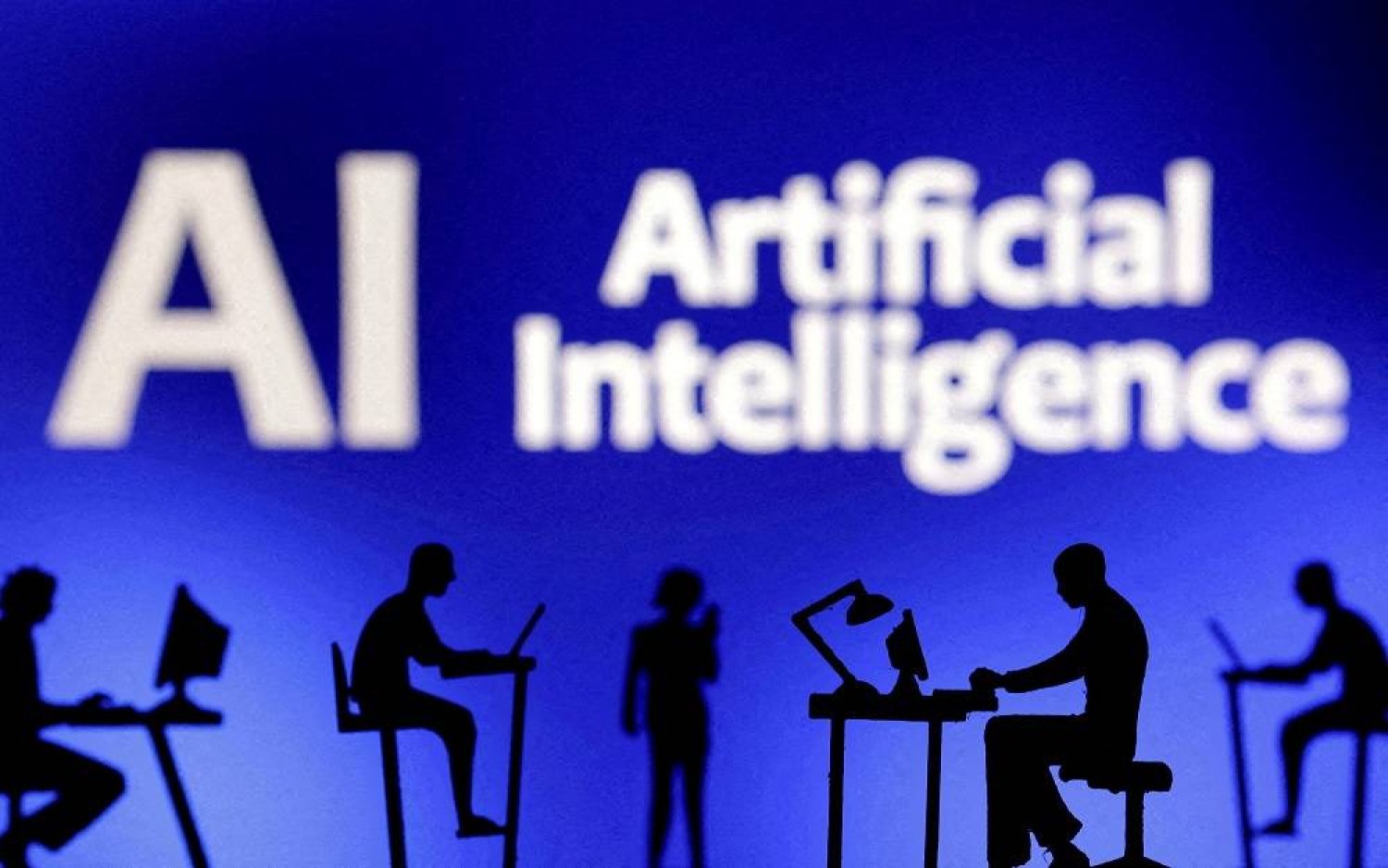
In a recent statement, the head of Amazon’s cloud division asserted that the race for advancements in artificial intelligence (AI) is not a zero-sum game. This perspective comes at a time when the rapid development of AI technologies is often framed as a competitive arms race, particularly between leading tech giants and global superpowers.
The executive emphasized the collaborative potential of AI, suggesting that instead of viewing AI development through a lens of competition where one party’s gain is another’s loss, it should be seen as an opportunity for mutual growth and innovation. The approach advocates for a more cooperative framework where companies and nations alike could benefit from shared advancements and technologies.
This perspective is crucial, especially considering the ongoing debates around the ethics and governance of AI, including concerns about privacy, security, and the future of work. By promoting a non-zero-sum viewpoint, Amazon appears to be encouraging a broader, more inclusive dialogue on how AI technologies should be developed and regulated globally.
This approach not only highlights the potential for positive-sum outcomes in technological advancements but also aligns with broader industry trends where collaboration and open-source projects help drive innovation. It also reflects a strategic positioning by Amazon to foster partnerships that could lead to more robust and ethical AI solutions.
Amazon itself is actively investing in AI and machine learning, integrating these technologies across various aspects of its business. For instance, AWS customers are increasingly using Amazon’s tools for tasks like enhancing human decision-making and improving operational efficiency. Selipsky’s comments underscore a vision where companies share advancements and work together, rather than in isolation, to harness the potential of AI technologies.
Amazon’s cloud division is pushing for a shift in how we perceive the race in AI technology—not as a cutthroat competition, but as a cooperative venture that could benefit all players involved. This stance could lead to more sustainable and responsible AI development, addressing global challenges collectively rather than individually.


















